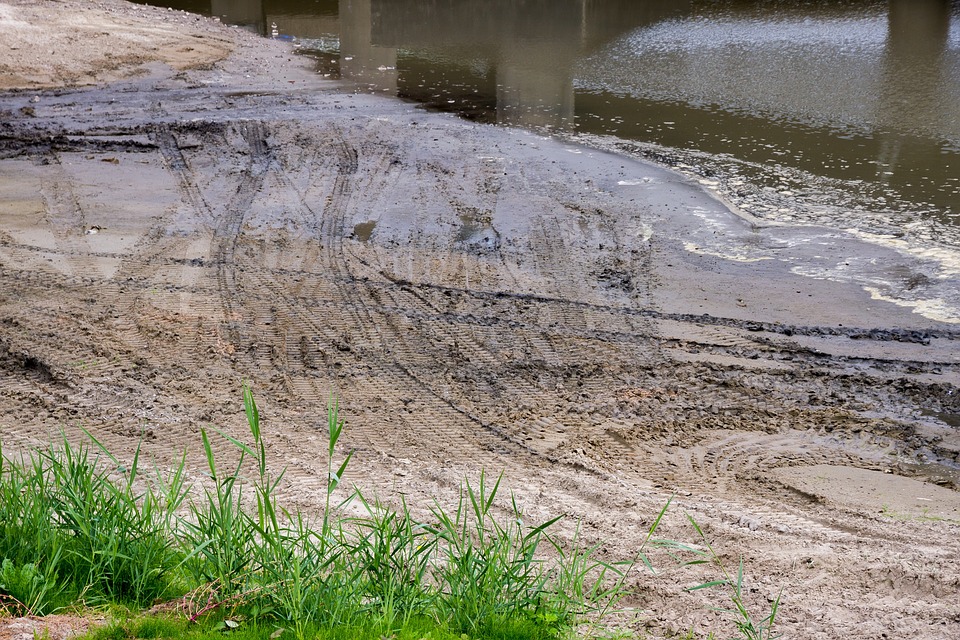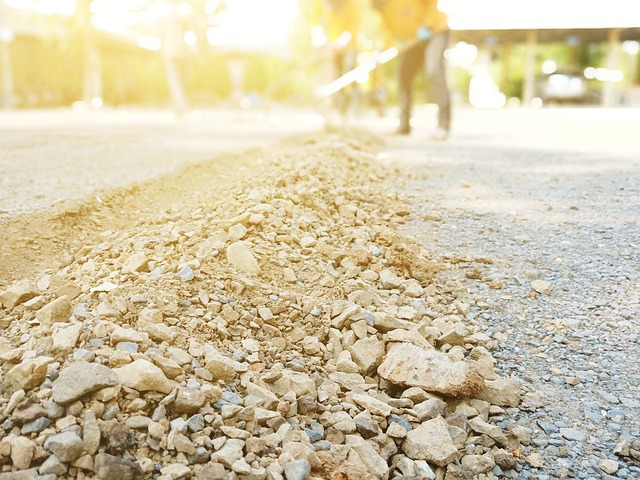Everything You Need to Know to Carry Out a Soil Study
SUMMARY
The good reasons to carry out a soil survey
Is a soil survey mandatory?
Who to call for a soil survey?
How does a soil survey work?
Who should pay for the soil survey?
You have a construction project and are looking for the perfect land for your house. This post reveals to you who is in charge of the diagnosis of your land, what is done for the prevention of geotechnical risks, as well as the interest of this step for the foundations of your future house! In this context, is it necessary to carry out a soil study? Is it mandatory? Will you have to pay for this study?
The good reasons to carry out a soil survey
Identify the nature of the soil
When you want to buy a plot of land for house construction, a soil survey allows you to know the nature of the soil or, more exactly, the geological characteristics of the subsoil of your land. It is as much about the chemical composition as the mechanics of the soil.
The owner or builder can then make the best choices in terms of structure and especially foundations for your house because he knows the possible geotechnical risks of the land.
Good To Know
If a house is not affected by certain geotechnical or geological risks, nearby land may be. A soil survey is, therefore, essential to ensure a quality foundation during building construction.
Knowing the risks specific to the soil of the land
One of the most common risks is clay soil. Particularly loose and exposed to climatic fluctuations, such soil is responsible for shrinkage and “swelling” in drought and rehydration of the soil. Without water, the clay shrinks, which causes damage to a house with inadequate foundations. The main consequence is the appearance of cracks in the structure. After a drought, little water is needed to rehydrate the clay. The clay soil swells, leading to a ground movement.
In addition to the shrinkage and swelling of clay soil, a lack of soil study can lead to other risks: landslides, the unsuspected presence of a water table or cavities under the house, a pollution problem… All these problems can be identified by the engineers who conduct soil surveys. There are various solutions to building quality homes on problematic land. The real risk is to ignore that the soil presents risks and to engage works for unsuitable work! A diagnosis is also necessary for a swimming pool construction project or non collective sanitation.
Is a soil survey compulsory?

The law does not require a geotechnical study, but it is mandatory within the framework of a risk prevention plan for any construction project in risk zones. Certain organizations also require the diagnosis. Most often, it is the bank from which you request a loan for your construction or the insurance company.
When soil surveys are not mandatory, they are nevertheless strongly recommended. You should also know that the price of a soil survey is out of all proportion to the cost that certain disasters can have on a building.
Who to call for a soil survey?

You entrust a soil study to a research department whose activity is geotechnics. You can ask for estimates, as you can do it with any actor concerned with the construction project.
Only the diagnosis of a qualified company, able to carry out a geotechnical mission prior to the construction of a house, carries out a complete study. Compare quotes for a complete soil survey, taken into account by the damage to work insurance.
How does a soil survey work?
A geotechnical engineering office carries out various analyses concerning the nature of the soil up to several meters below the surface. When it is complete, a soil survey prior to a house construction project consists of several steps. These must be carried out before the builder begins work:
study of the available documents related to geotechnics (ground plan, cadastre…);
collection of geological samples in the subsoil (with a backhoe);
tests and tests of the resistance of the grounds;
analysis of the samples in the laboratory.
The soil surveys result in a report, including recommendations for foundations and any work requiring adaptations. You can then easily estimate the cost of foundations if the land requires special work for a stable building.
Who should pay for the soil survey?
You can ask for quotes for a diagnosis of your land from a geotechnical engineering office. It is also possible that the owner or the builder of your project takes care of these missions. In both cases, you will be responsible for paying for the study, which will be carried out after the land has been sold.
Sometimes a builder will include a soil diagnosis in his offer. It is also possible that the previous owners of a plot of land had the soil study done before the sale. The cost of this soil study is then included in the sale price. The validity date of a geotechnical study starts from the date of completion. It is valid for 10 years. After this period, it must be renewed.
The cost of a soil investigation varies according to many characteristics of the land. Although estimates vary, generally, the amount does not exceed 1% of the construction price. The average cost of a soil survey is $1,500 to $2,500, although more extensive testing may be required.
Tip
You want to build your house, and you’ve found the ideal lot? Unfortunately, the owners have not had a soil study done. So how can you be sure of the quality of the land you want to buy? If it is impossible to carry out a soil study before the purchase, it is possible to include suspensive conditions relating to the quality of the land in the sales agreement.